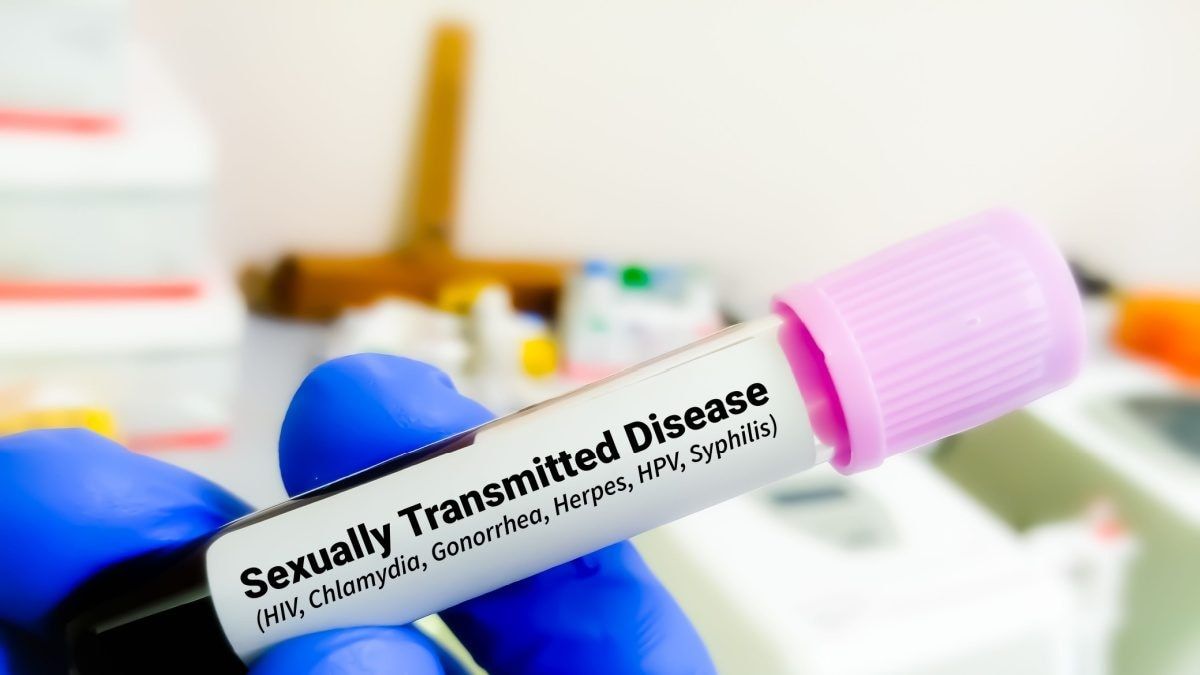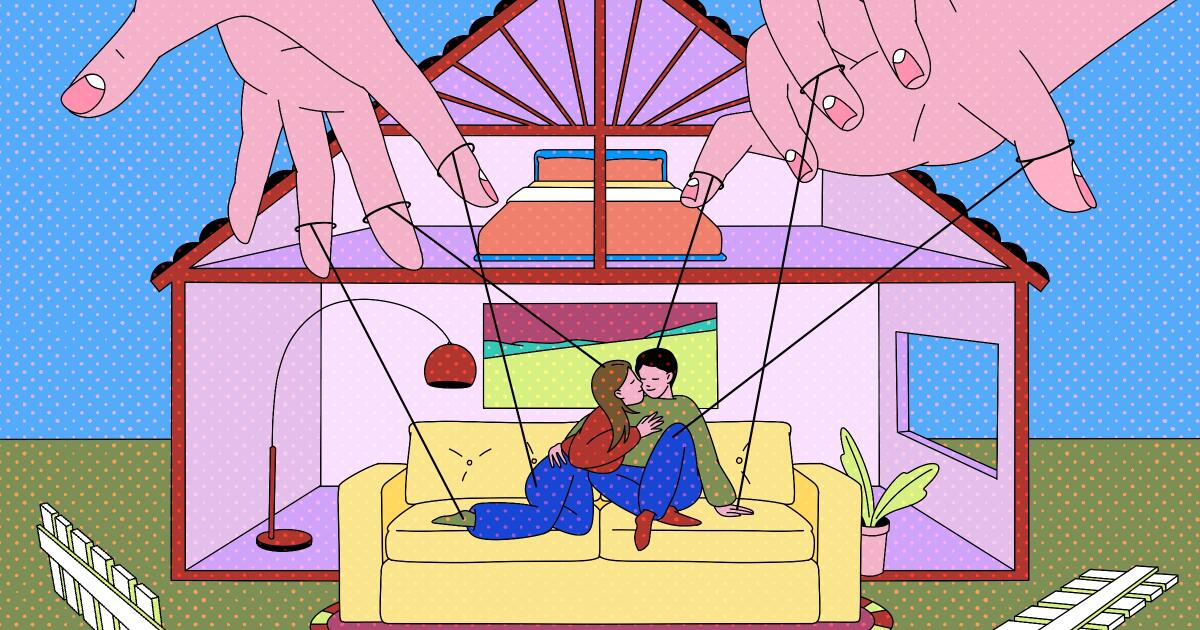According to the World Health Organization, 1.3 million new HIV infections will be reported in 2023.
The current cost puts the treatment out of reach of the average person, with two doses costing a total of $40,000 (roughly Rs 33.5 lakh).
A future where AIDS treatment is accessible to the general population and at an affordable price may soon become a reality. American pharmaceutical giant Gilead has developed Lenacapavir, a highly effective antiretroviral drug against HIV, which is being touted as a major breakthrough in the fight against the disease. Lenacapavir, which is given twice a year as a vaccine, is a very promising option. However, its current cost puts it out of reach for the average person, with two doses costing a total of $40,000 (about Rs 33.5 lakh). This exorbitant price means that many people, especially in countries like the US, France, Norway and Australia, where HIV treatment costs more than $40,000 a year, cannot afford the drug.
Meanwhile, encouraging news from scientists suggests that there is potential to significantly reduce the cost of HIV drugs. Currently, the cost per person per year is over $40,000, but researchers estimate that this could be reduced to less than $40 (about Rs 3,300) – a whopping 1,000 times lower. Initial trials show that the drug, given as a bi-annual vaccine, is 100% effective in preventing HIV infection. The promising development was presented by Andrew Hill of the University of Liverpool at the International AIDS Conference in Munich.
Hill presented these findings at the International AIDS Conference in Munich, where he explored the potential cost reductions if Gilead, the drug's manufacturer, allowed the production of affordable generic injections. According to Hill's research, the cost of a year's supply of the drugs could be reduced to as little as $40, a 1,000-fold reduction from current prices.
Hill highlighted the drug's transformative potential and suggested that its administration to high-risk populations (such as gay or bisexual people, sex workers, prisoners and young women in Africa) could effectively stop HIV transmission. He stressed that widespread use of the drug could significantly slow the epidemic.
According to the World Health Organization, 1.3 million new HIV infections were reported in 2023 and an estimated 40 million people are currently living with the virus.
Andrew Hill noted that his international research team had already validated similar projections. A decade ago, the team predicted that the production cost of Gilead's hepatitis C drug was $84,000 per patient, a figure that could be reduced to $100 with the introduction of generic drugs. Today, Hill noted, the cost has dropped significantly to just under $40 per hepatitis C treatment.
The announcement of these findings coincided with a call from UNAIDS chief Winnie Byanyima for Gilead to take a historic step: by opening up access to Lenacapavir through the UN-backed Medicines Patent Pool, generic versions of the drug could be licensed and distributed in low- and middle-income countries, potentially expanding access to critical HIV treatments.












